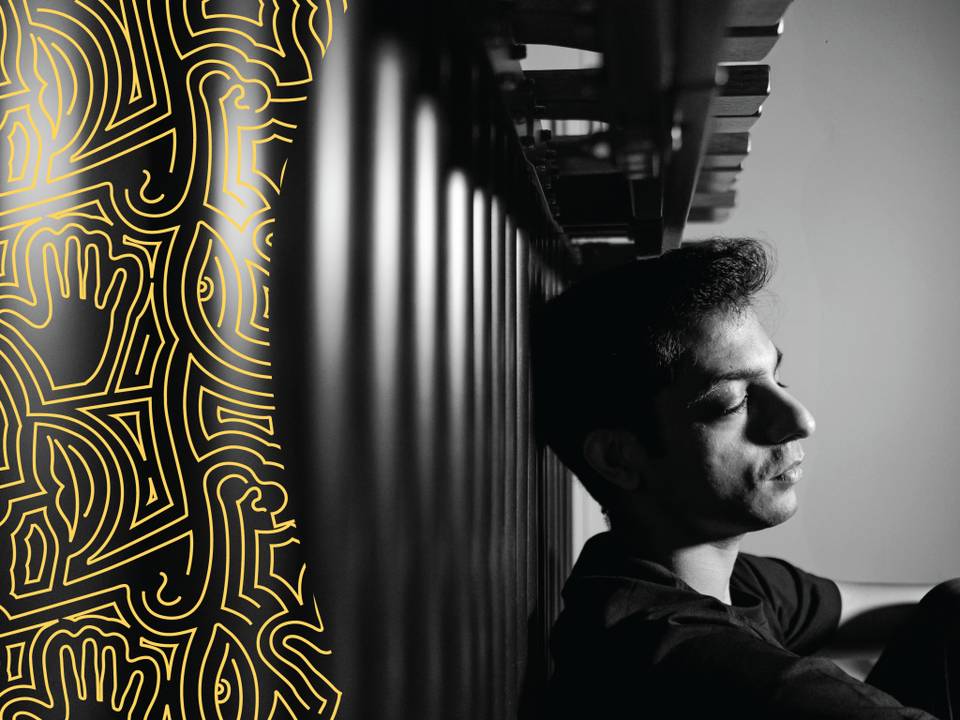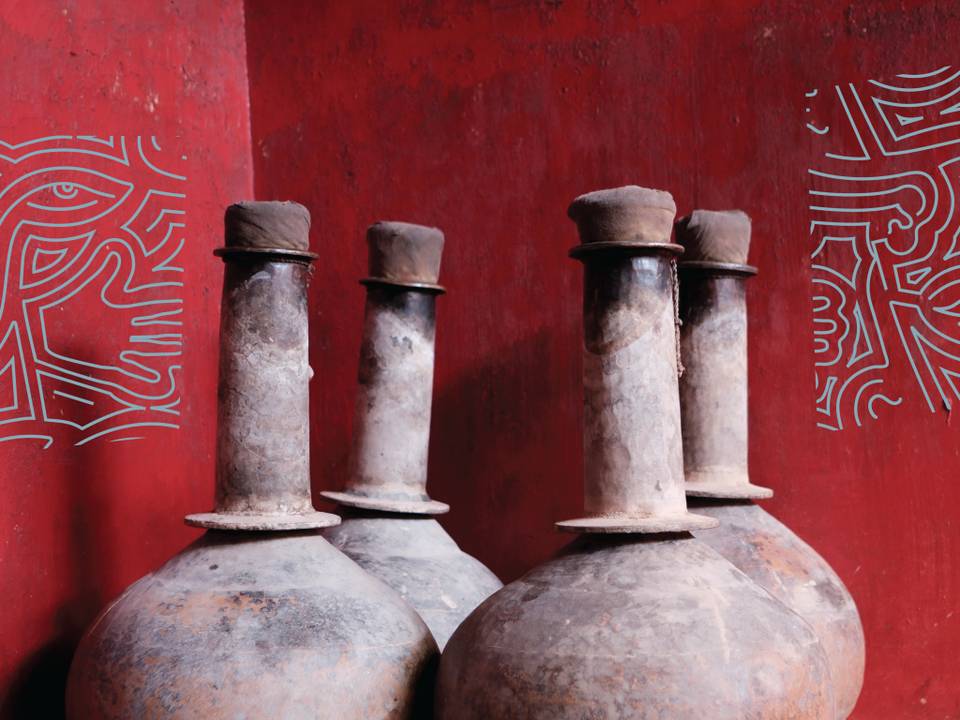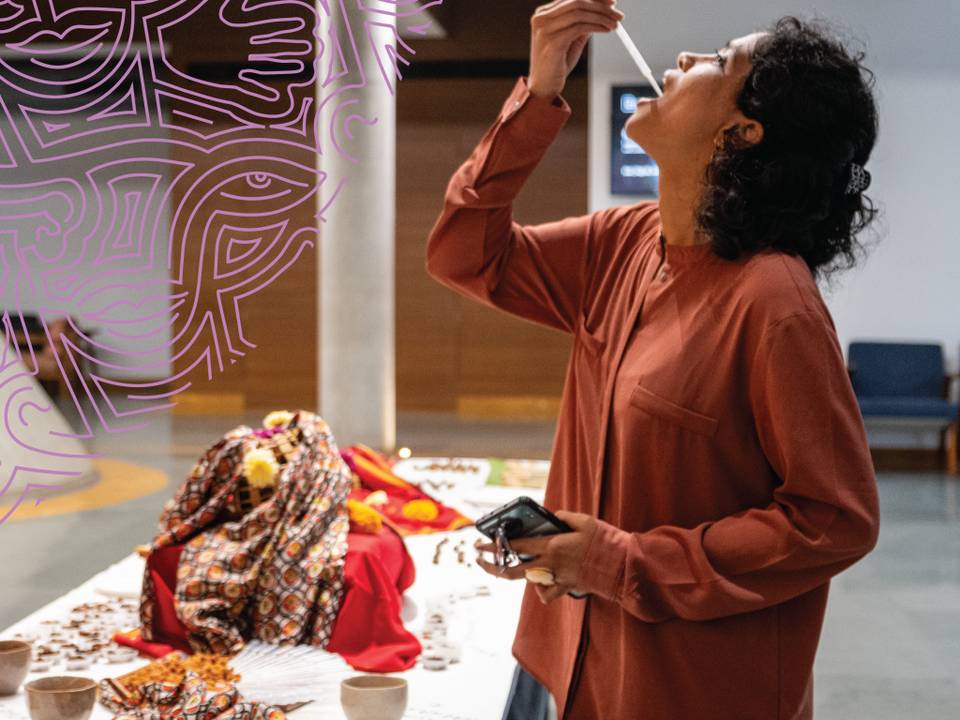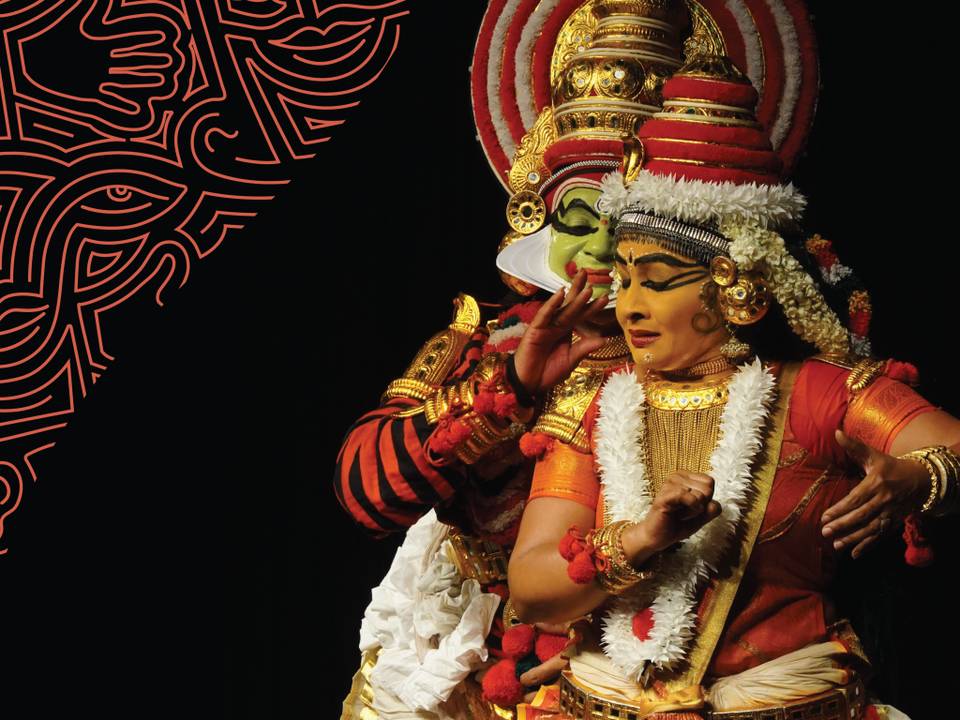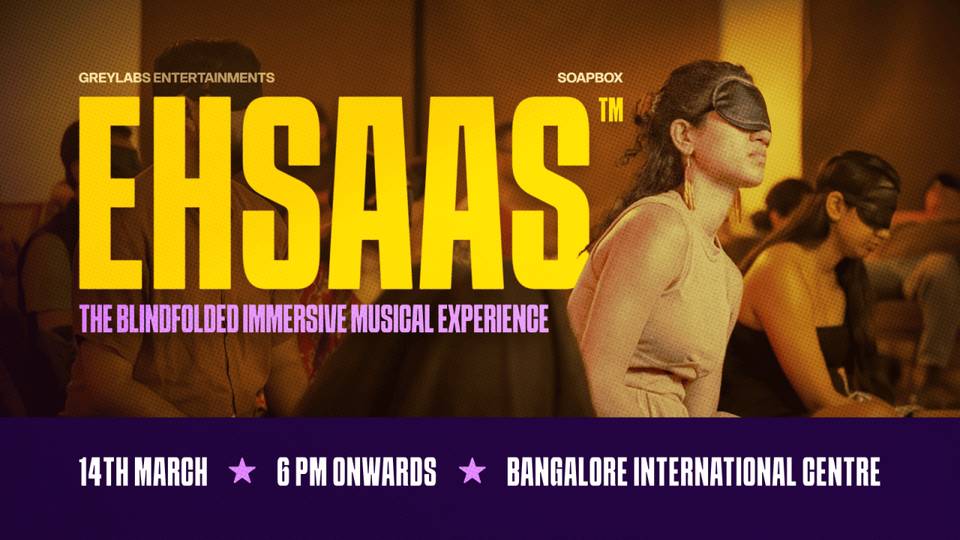The Global Nomads of Karnataka - The Story of a Free-Spirited People
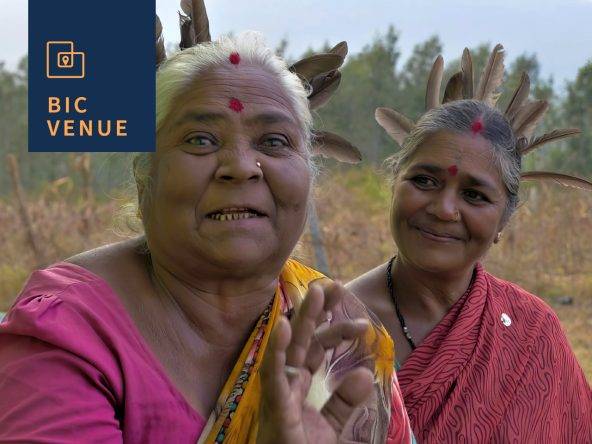
Details
Jul 16 2023 to Jul 16 2023 6 p.m.
EVENT HAS ENDED
Where
Bangalore International Centre
7 4th Main Rd, Stage 2, Domlur 560071
Event Description
79 Minutes | Kannada and Waghri Boli with English Subtitles
A screening of the film Sikkidare Shikari, Illiddare Bhikari (Bird Trapper or Beggar?) will be followed by a conversation. Members of the Karnataka-based Hakki Pikki tribespeople were stranded in Sudan in April this year when a civil war broke out in that country. Marooned from any kind of help amid violence all around them, they were left to their own resources for several days before they were rescued with assistance from the Indian External Affairs Ministry. As Indian media reported this harrowing story, the spotlight fell on the community with their travels to the far corners of the world arousing intense curiosity about who these tribespeople were.
The basic question that popped up in most people’s minds who followed the troubling accounts of the trapped Hakki Pikki tribespeople was this: How did persons from a minuscule and marginalized tribal community end up in Sudan? According to the 2011 census, there are 11,892 Hakki Pikki tribals in Karnataka. Of this, the majority reside in rural parts of the State with the largest chunk of the population residing in Hunsur taluk of Mysuru district. According to the oral history of the community, their geographical origins lie in the northwestern part of India from where as part of the larger Waghri community, they dispersed all over India in the 16th century. In the colonial era the Waghris as a whole, along with other nomadic communities were designated as a criminal tribe as per legislation passed in 1871 and severely marginalized.
Post-independence all criminal tribes were “denotified” and those Waghris who wandered into Karnataka and began to be called the Hakki Pikkis were designated as a scheduled tribe. Devoid of access to their beloved forests after the passage of stringent environmental legislation in the 1970s, the Hakki Pikkis were forced to settle down in different parts of Karnataka where the government provided some of the families with land in order to turn them into agriculturists. While some did take to cultivation and other settled “mainstream” occupations, most negotiated the treacherous passage from nomadism to assimilation on their own terms by becoming intrepid entrepreneurs, albeit in the shadow economy of the poor – marketing and selling their natural cures both within the country and all over the world. And so remained the adventurous travelers they always were.
The film Sikkidare Shikari, Illiddare Bhikari (Bird Trapper or Beggar?) depicts these travails of the community. Exiled from the forest, reviled by the city, and their traditional ways of life outlawed, the Hakki Pikkis share their tales of wit and survival in this delightful cinematic rendition. One of the two filmmakers has spent a few decades with the Hakki Pikkis and this is evident in the sensitive and empathetic portrayal of the community. The film screening will be followed by a discussion with the filmmakers and members of the Hakki Pikki tribe on how these spunky travellers sell their products globally.



